Innovation and Sustainability in Circular Economy
A global Think Tank
Offering ethical, reliable, and innovative solutions in sustainability and circular economy, we add value to the future of businesses and society.
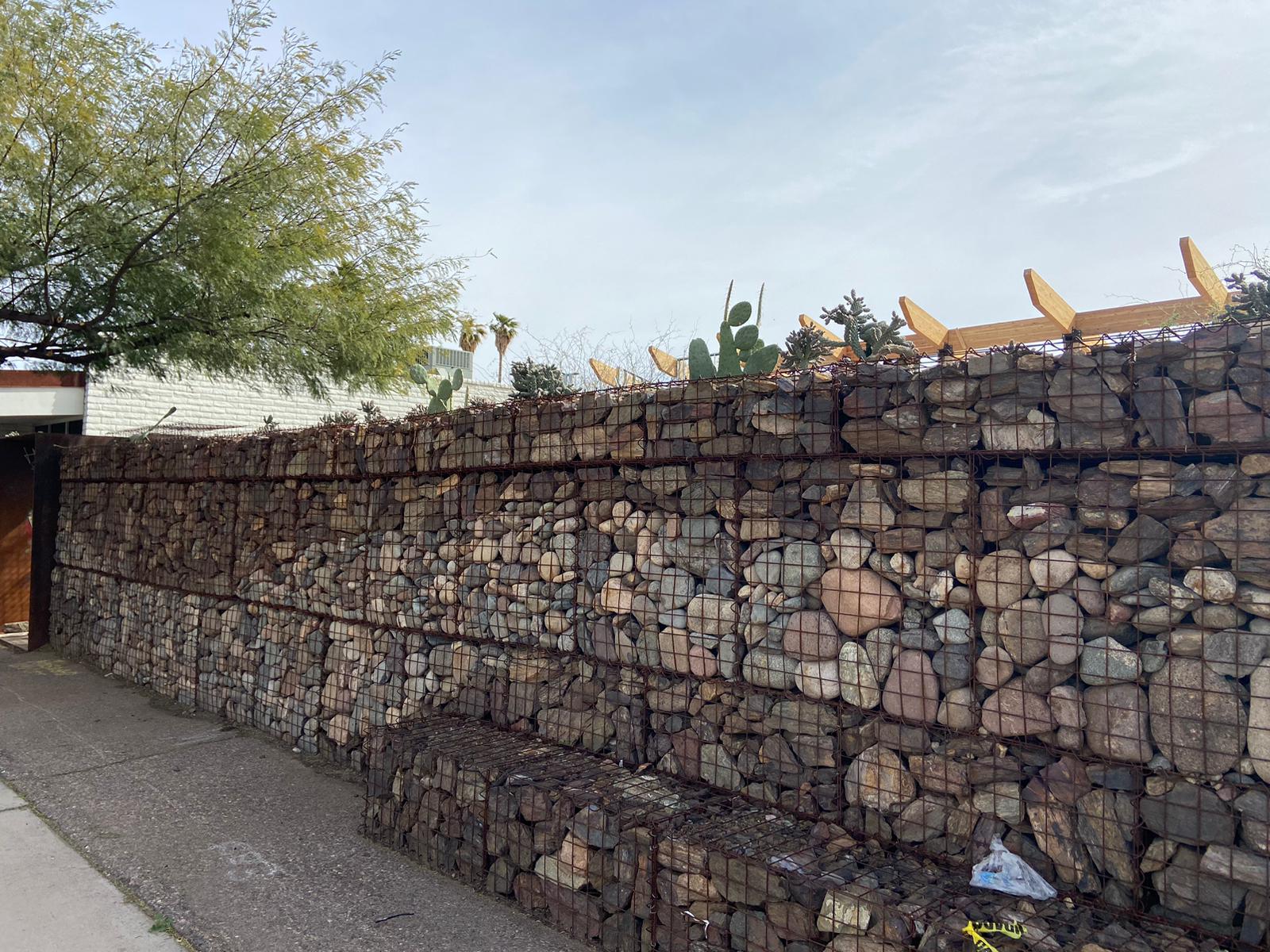

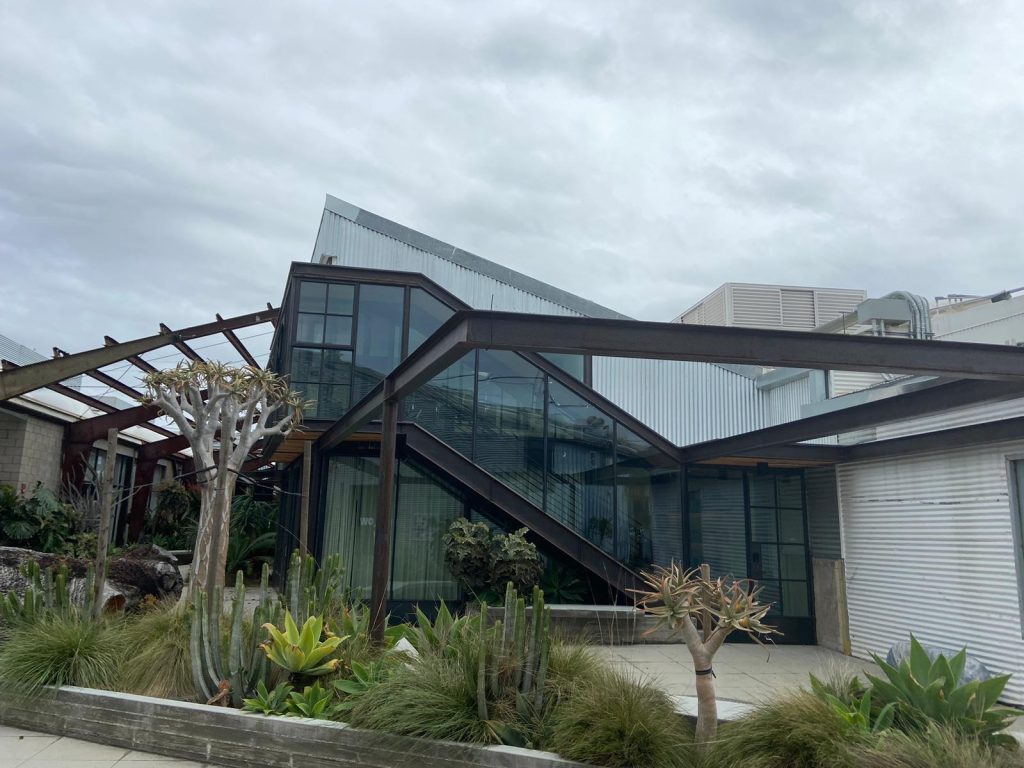
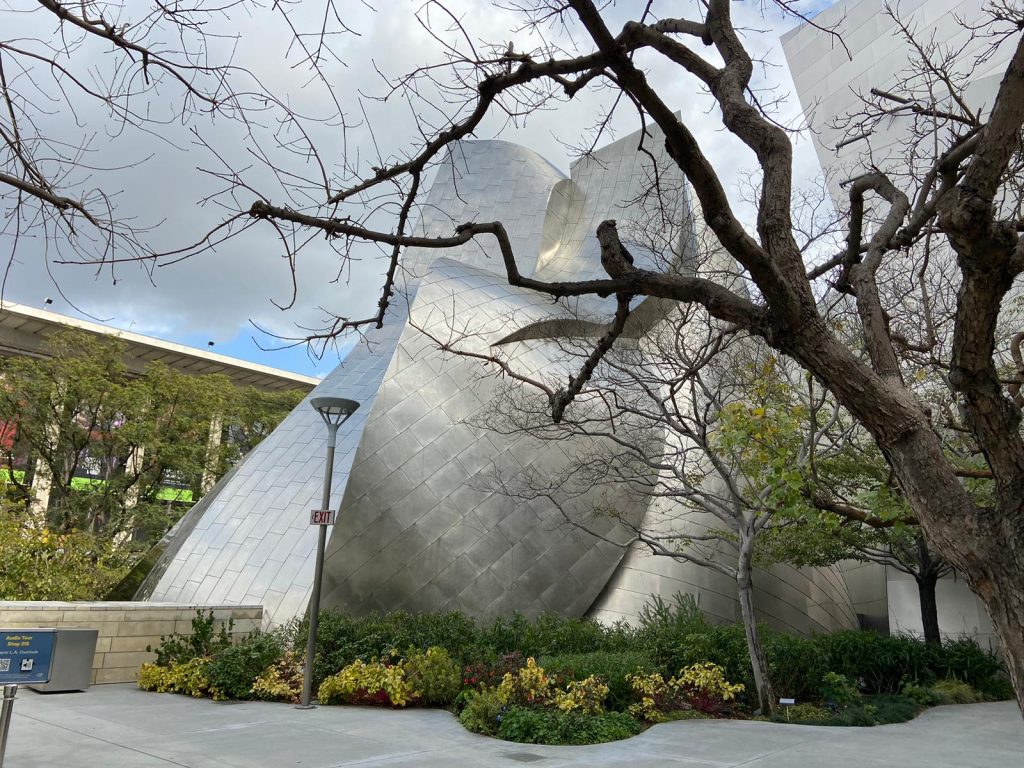
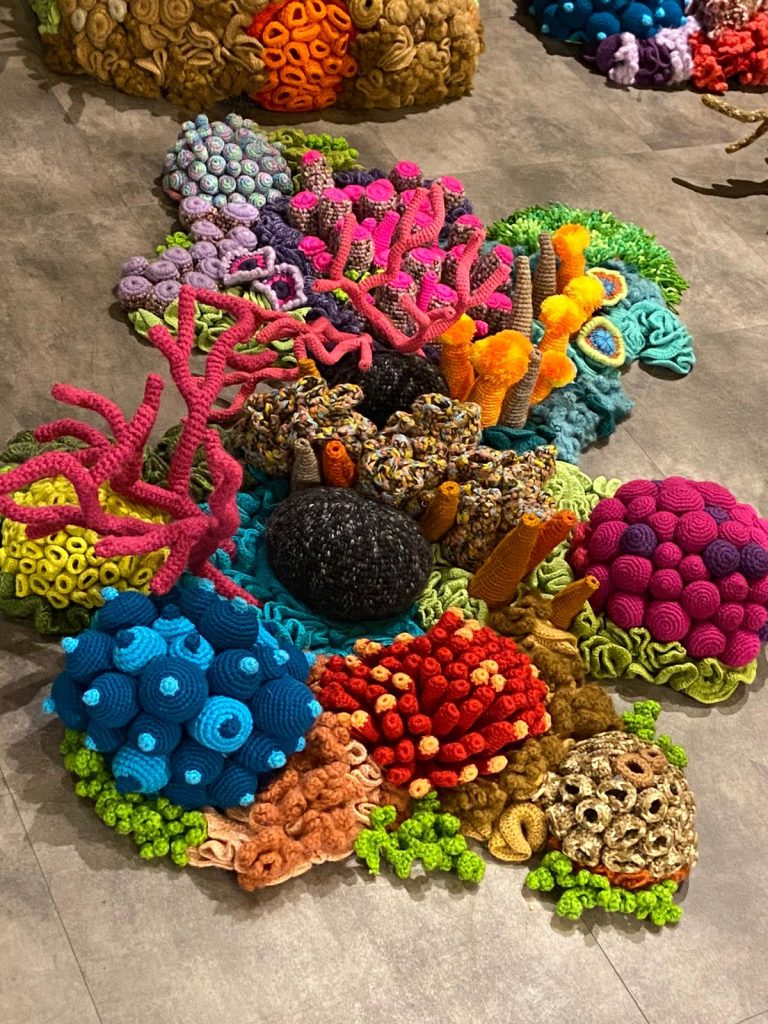
We empower sustainable progress
CIRCULAR Platform is a global thinktank based in Los Angeles which combined efforts with CIRCULARTR in İstanbul to push for the circularity movement in AEC sector.
We have to create strategies for enabling circular economy in construction, directly addressing SDG 12 and other indirect SDGs. The sustainable transformation of construction toward circularity comes with complexity, uncertainty, and a requirement to innovate areas that historically have challenged our industries.
Circular economy is receiving increasing attention worldwide as a way to overcome the current production and consumption model based on continuous growth and increasing resource use, to meet Sustainable Development Goals (SDGs) and the Paris Agreement on climate change.
Together with the Cradle to Cradle (C2C) Institute, Ellen MacArthur Foundation, Madaster Foundation, Institute of Asset Management, World Business Council for Sustainable Development tools, the stakeholders of AEC sector are continuously looking to facilitate the shift towards a circular construction and real estate industry by bringing down barriers in collaboration with partners in the ecosystem.
To be successful, it is necessary to incorporate elements such as standardization, new forms of collaboration, co-creation processes, digital innovation, education and information sharing. This will enable companies and cities to meet not just global sustainability targets but also to drive the essential change in mindset and culture that is needed.
Circular Construction needs new mind sets based on innovation and global collaboration on construction and demolition waste recycling, new technologies as Building Information Modelling and digitalization and new products.
To achieve a net zero transition, it will also be necessary to strengthen the supply of and access to ‘circular material’ on a global scale. We define circular material to be material that is pre-used, low or/zero-carbon, recyclable, or recycled.
Our focus areas are:

Building design and urban planning

Smart Building, Smart Cities
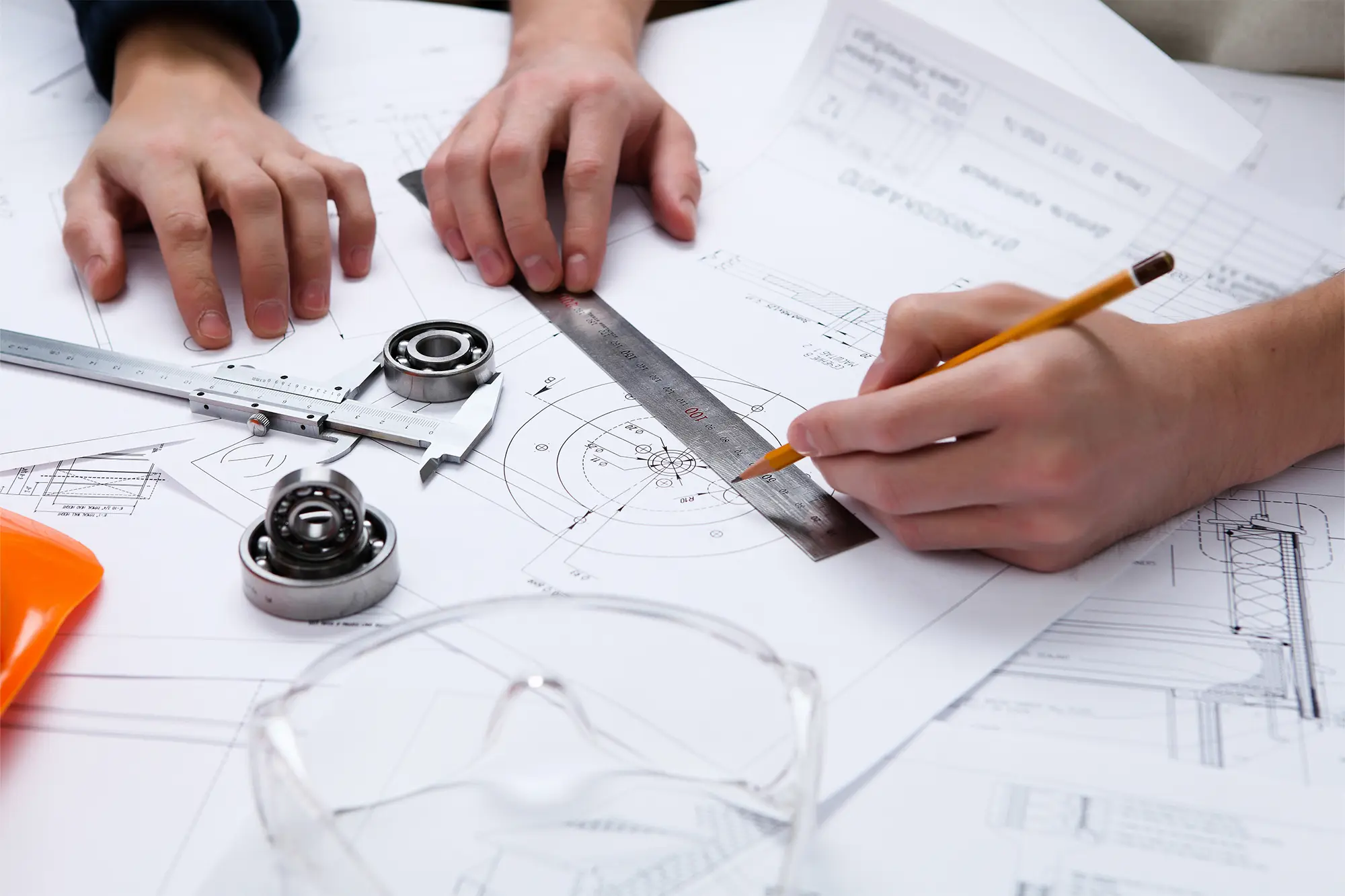
Construction

Building In-Use, Operation, Maintenance

Retrofitting
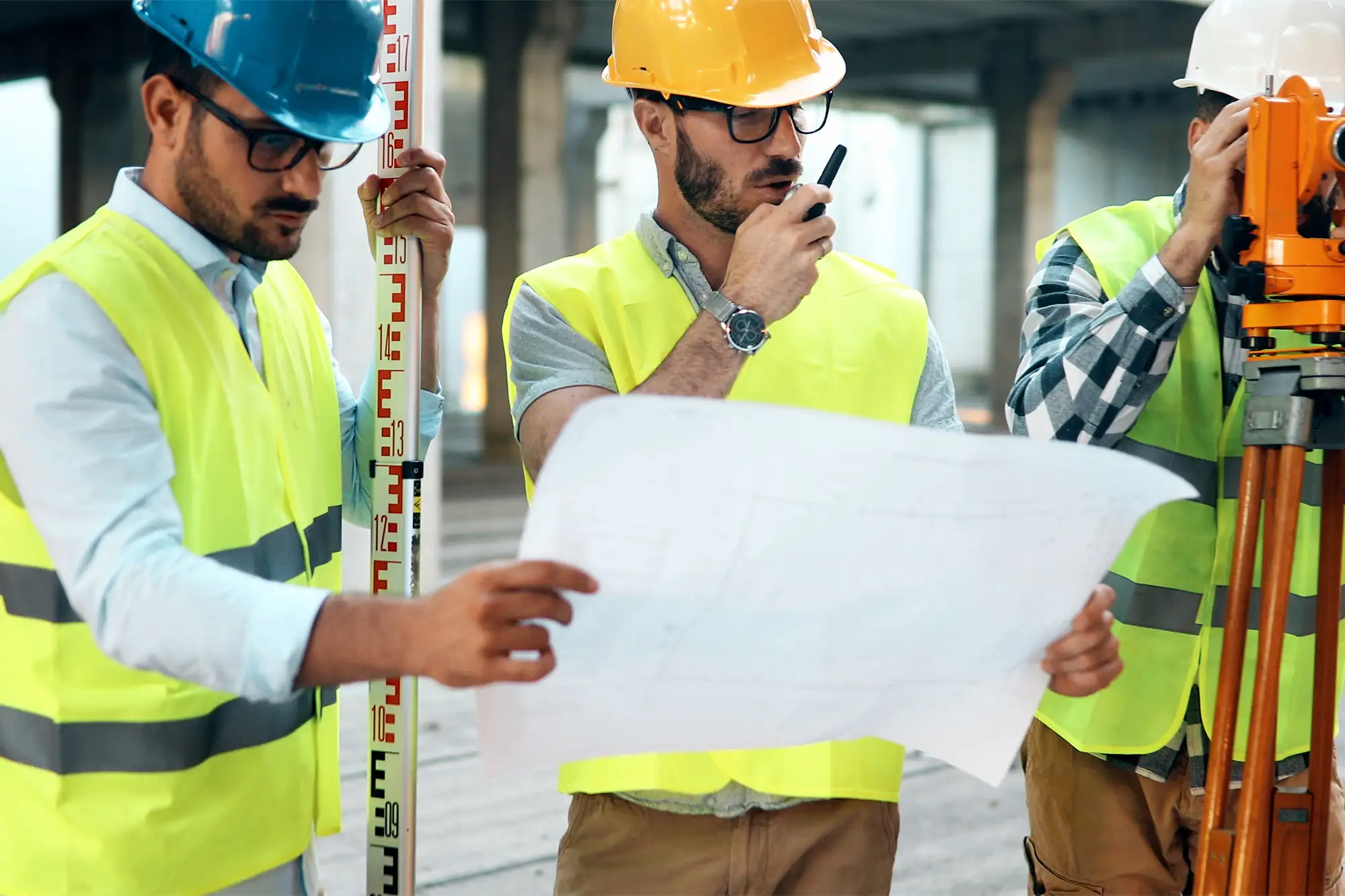
Demolition and CDW Management
WHY CIRCULARITY IN CONSTRUCTION?
As countries and cities set circular economy goals for their built environment, the need to translate those ideas into concrete actions requires major changes in construction policies. Transitioning to a circular economy requires multiple policy instruments, or tools, to change linear practices in construction to circular ones.
Construction sector has to contribute to circularity agenda, and exploit this challenge for the transformation of the sector, to become more innovative and capable of addressing regional and global challenges. Circular construction adopts the principles of circular economy along the life-cycle of buildings and other infrastructure development.
WHAT DO WE DO?
Certification work and taxonomy
We support project developers in the circular development and financing of sustainable real estate, as well as compliance requirements such as Taxonomy for Sustainable Finance and building certification according to DGNB, LEED, BREEAM and GRESB.
Asset Management Model
For organizations wanting to start their circular economy transformation and asset managers looking to start adopting circular economy practices, one of the most effective interventions is either to extend the life of current assets or develop alternative practices that make the need for new assets redundant. Within an asset management context we help our clients to determine in more detail using a circular economy lens how asset life could be extended, considering options beyond those currently considered. Circular Economy Alignment with the Institute of Asset Management (IAM)’s Asset Management concept model is what we follow.
Circularity Assessment:
We determine objectives for measuring circularity: support in establishing what circularity insights are valuable for your organization. We establish the scope of the measurement: support in setting boundaries of the circularity assessment through answering relevant questions – e.g. what level of the business should be assessed (company, business unit or product level)? What is the time frame? What material flows should be included and excluded? We have partners globally we are supported.
WBCSD Circularity Transition Indicators (CTI)
We help our clients in determining the scope for the assessment and select the relevant indicators from the World Business Council for Sustainable Development (WBCSD) Circularity Transition Indicators (CTI) framework. CTI framework is the first global open standard for measuring and monitoring circularity.
- Step 1: We can support in determining the scope for the assessment and select the relevant indicators from the CTI framework.
- Step 2: Data collection: We can support in identifying relevant data and assessing its quality to ensure that accurate input leads to relevant insights.
- Step 3: We can analyze and support in interpreting and contextualizing these results and translating these to relevant insights for business decision making.
- Step 4: Circular Transition Indicators Tool: We use the The tool supporting in performing the calculation and collect data and store assessments for current and future use.
Trainings
Call conferences and workshops
Sectors
For those who want to adapt circular economy into their businesses;

FOR DESIGNERS
Incorporating circularity when designing products, services, or any element of the built environment.
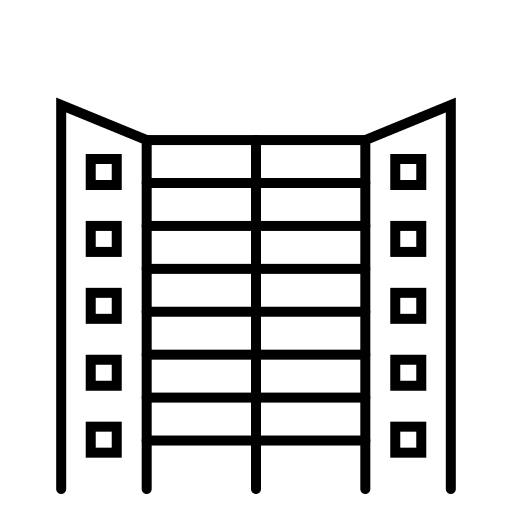
FOR MANAGERS
Creating circular value chains for corporations, SMEs, municipalities and logistics providers.
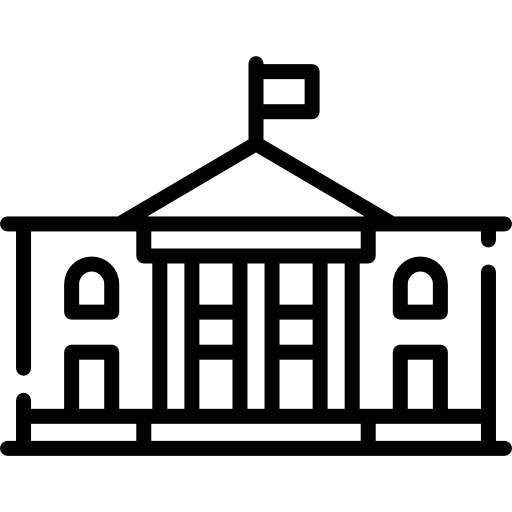
FOR CONSULTANTS
Developing circular initiatives in any industry, from textile and construction and many other.
Contact Form for Questions and Requests
You can fill out the form below to get in direct contact with us. We are here for your projects, consultancy needs, and all other questions. A member of our team will get back to you as soon as possible.
- +1 424 384 8479
- +90 533 140 1411
- Kolektif House 42 Maslak, 34398 Sarıyer/İstanbul
